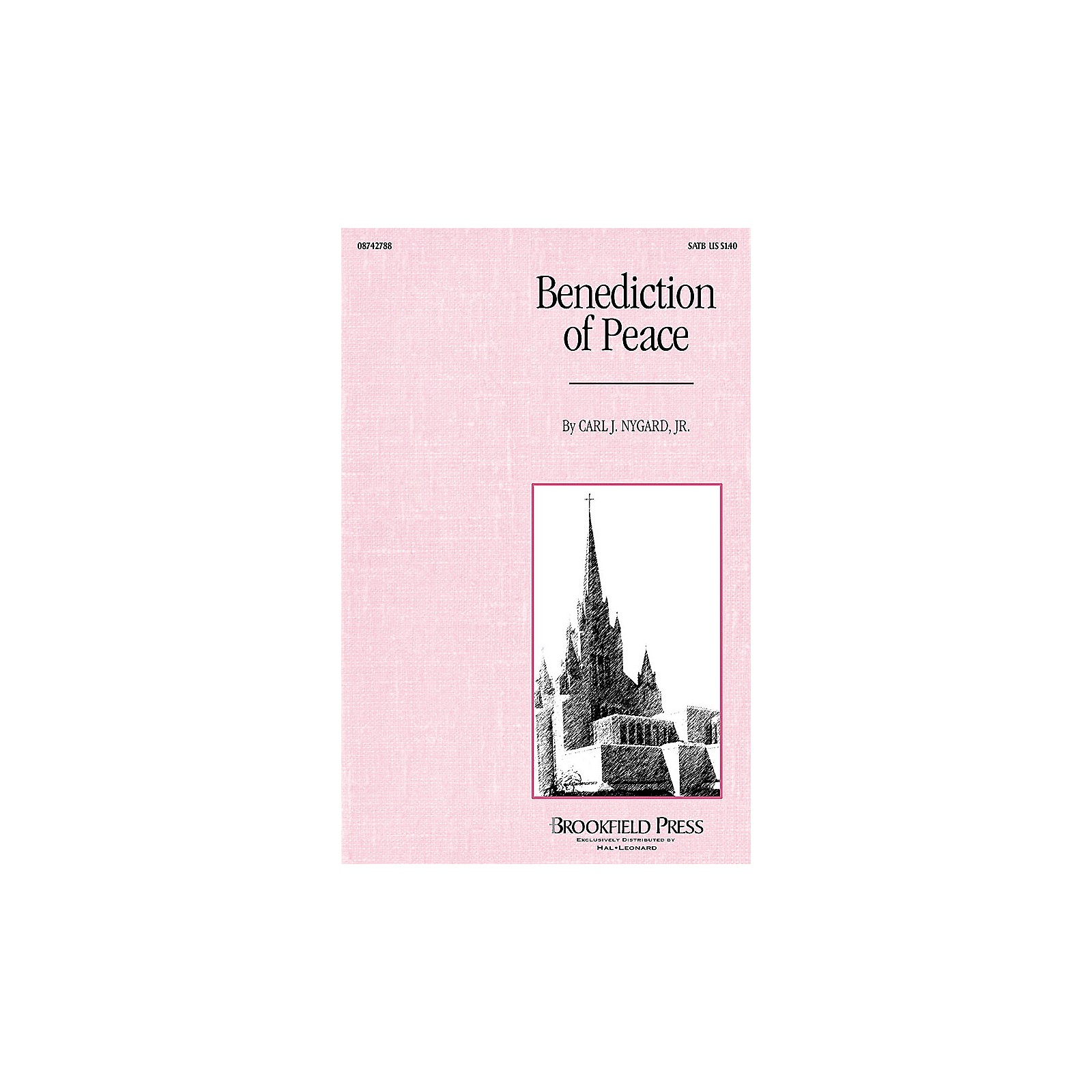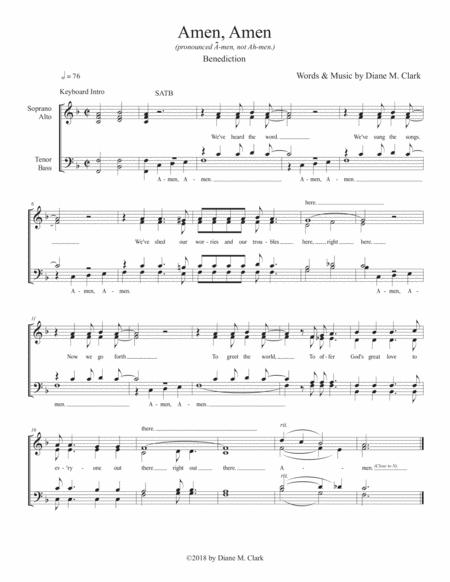


The other is exceedingly rich, and might be appropriately used with much greater frequency than it is: In Hebrews we have two forms of blessing in the last chapter.In Ephesians he says: ‘Grace be with all them that love our Lord Jesus Christ in sincerity.

In Galatians the apostle says, ‘Brethren, the grace of our Lord Jesus Christ be with your spirit. In 1 Thessalonians it is the same, with the addition of the amen.In 1 Corinthians it is: ‘The grace of our Lord Jesus Christ be with you.’.In Romans, Philippians, and 2 Thessalonians, it is: ‘The grace of our Lord Jesus Christ be with you all.In 2 Timothy it is: ‘The Lord Jesus Christ be with thy spirit.In Philemon we read: ‘The grace of our Lord Jesus Christ be with your spirit.In 1 Timothy, we have: ‘The grace of our Lord Jesus Christ be with you.In Peter we have: ‘Peace be with you all that are in Christ Jesus.In Titus we have: ‘Grace be with you all.In Colossians we have: ‘Grace be with you.The shortest benediction in the Bible is that of 3 John: ‘Peace be with you.’.In the opening of his second epistle, Peter has this form: “Grace and peace be multiplied unto you through the knowledge of God, and of Jesus our Lord.” So, near the beginning of his second epistle, John says: “Grace be with you, mercy and peace from God the Father, and from the Lord Jesus Christ, the Son of the Father, in truth and love.’ So also Jude, at the beginning, says: ‘Mercy unto you, and peace and love be multiplied.’ So that there are but two epistles in the Bible entirely without some form of benediction. These are the epistle of James, 2 Peter, 1 and 2 John and Jude. “Of the twenty-one epistles, five do not close with a benediction. Plummer categorizes the benedictions we find scattered throughout the New Testament. The New Testament epistles are also full of apostolic benedictions.


 0 kommentar(er)
0 kommentar(er)
